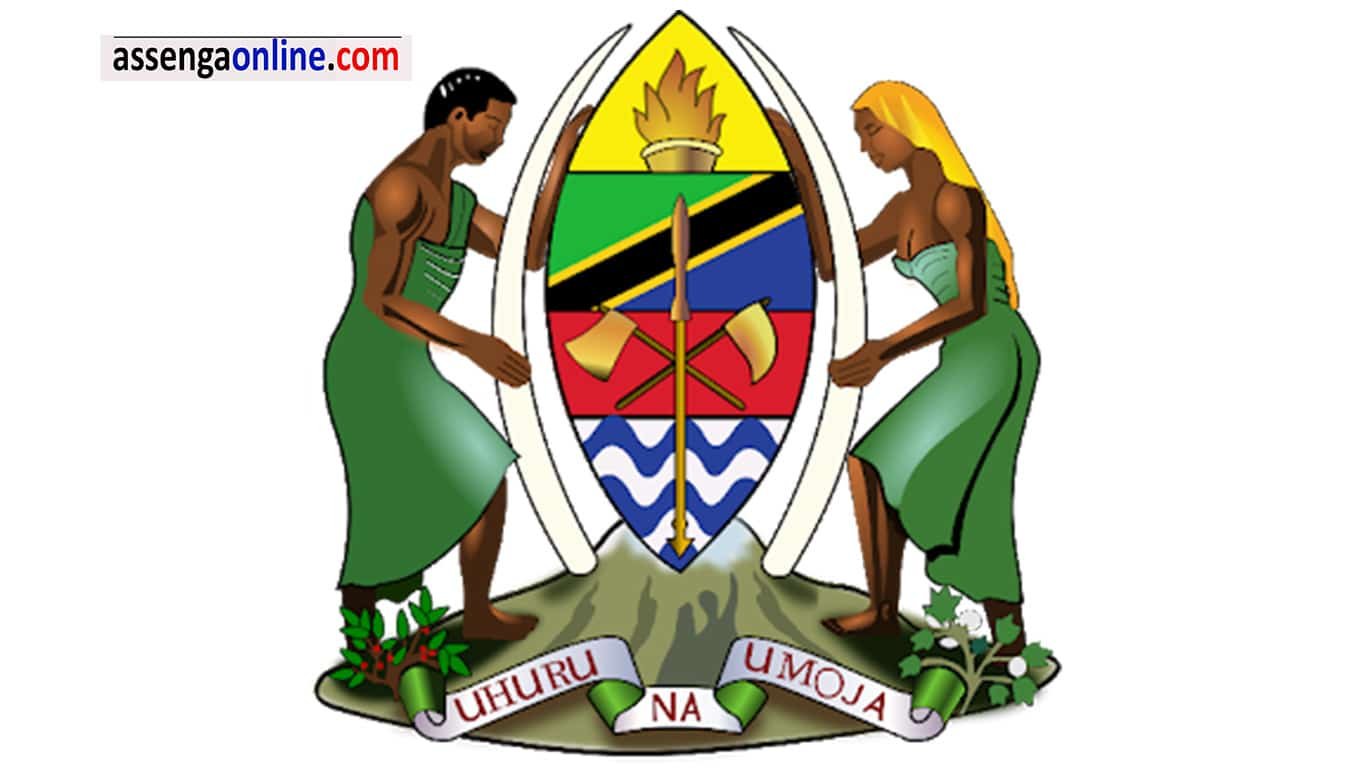
The University of Dar es Salaam (UDSM) began in 1961 as a College of the University of London. In 1963 it became the Constituent College of the University of East Africa. It is situated on the western side of the city of Dar es Salaam, occupying 1,625 acres on the observation hill, 13 kilometers from the city center. It was previously established in August 1970, as a National University, through Law number 12 of 1970 of the University of Dar es Salaam. It was established with three main objectives, namely: to transmit knowledge as a basis for action, from one generation to another; act as a center for advancing the frontiers of knowledge through scientific research; and to meet the high-level human resource needs of Tanzanian society.
The University of Dar es Salaam is the oldest public university in Tanzania with a unique community of students and staff who are dedicated to bringing out the best in all of its members. The goal is to provide the best possible environment for teaching, learning, research and public services, and our track record of success is well known in East Africa, Africa and the rest of the world. The University is led by the Vision “To Become a Leading Center for Intellectual Wealth Leading the Pursuit of Sustainable and Inclusive Development” and its Mission is, “The University of Dar es Salaam will promote the economic, social and technological development of Tanzania and further through excellent teaching and learning, research and knowledge sharing ”.

The University of Dar es Salaam (UDSM) offers bachelor’s, master’s and doctoral degrees and professional development programs leading to the award of certificates and diplomas. The university comprises the Mwalimu Julius K. Nyerere Mlimani campus, which is the main campus located 13 kilometers west of Dar es Salaam city center and consists of various academic and non-academic units, including the Faculty of Agricultural Sciences and Fishing Technology (CoAF), Faculty of Humanities (CoHU), Faculty of Information and Communication Technologies (CoICT), Faculty of Engineering and Technology (CoET), Faculty of Natural and Applied Sciences (CoNAS) and Faculty of Social Sciences ( CoSS). Others are the University of Dar es Salaam School of Education (SoEd), the School of Journalism and Mass Communication (SJMC), the University of Dar es Salaam School of Law (UDSoL), the Business School of the University of Dar es Salaam (UDBS), School of Mines and Geosciences (SoMG), School of Aquatic Sciences and Fisheries Technology (SoAF), School of Economics of the University of Dar es Salaam (SoEC), Wilbert Chegula Library of the University of Dar es Salaam, Institute of Kiswahili Studies (IKS), Institute of Resources Evaluation (IRA), Institute of Development Studies (IDS), Confucius Institute of the University of Dar es Salaam (CI-UDSM), Virtual Learning Center ( CVL), Center for Studies and Research on Population (CPSR), Center for Climate Change Studies (CCCS), Center for Studies on Forced Migration (CFMS), Center for Educational Research and Professional Development (CERPD) and Center for Communication Studies ( CCS).
Other units on the main campus include the Quality Assurance Office (QAB), the University of Dar es Salaam Center for Innovation and Entrepreneurship (UDIEC), the University Computing Center (UCC), the University Press of Dar es Salaam (DUP), the University Consulting Office (UCB), Gender Center (GC), Center for Development and Technology Transfer (TDTC), Office of Industrial Cooperation (BICO) and Office of Accommodation for University Students (USAB). Other campuses are the University of Dar es Salaam College of Education (DUCE) in Dar es Salaam, the Mkwawa University College of Education (MUCE) in Iringa, the Mbeya College of Health and Allied Sciences (MCHAS) in Mbeya, the Institute of Marine Sciences (IMS) in Zanzibar, and the University of Dar es Salaam – Institute of Mineral Resources (UDSM-MRI) which has two campuses: Dodoma and Nzega.
In addition to providing professional advice to public and private institutions, UDSM has continued to offer awareness-raising services to the Tanzanian public on topics ranging from research, innovation, and industrial development to environmental conservation and the application of new technologies. We continue to ensure that students, staff, and others’ stay at the University is filled with excitement and experiences that one can treasure for a lifetime. We also recognize that the quality of student experiences derives from more than academic study. That is why the University encourages students to join and actively participate in activities
Announcements from University of Dar es salaam













Leave a Reply
View Comments